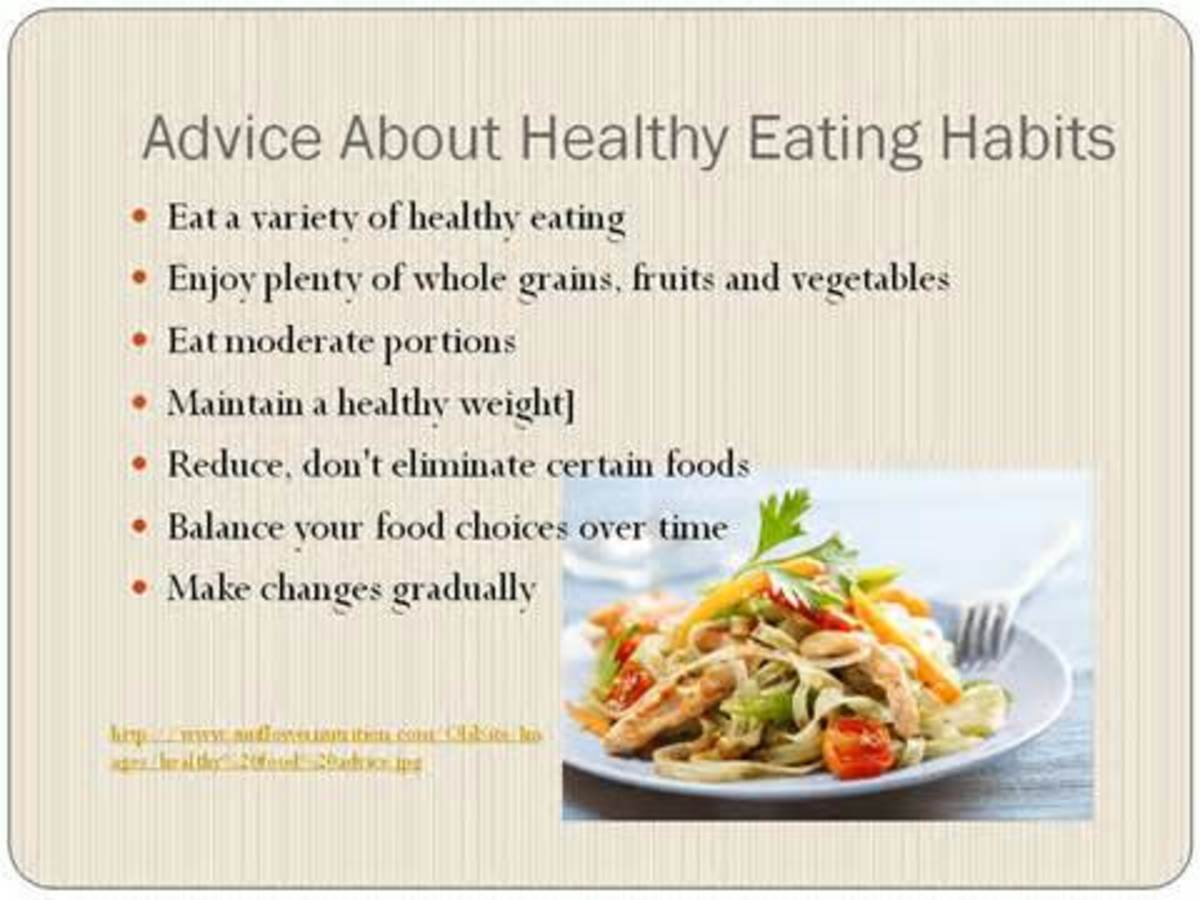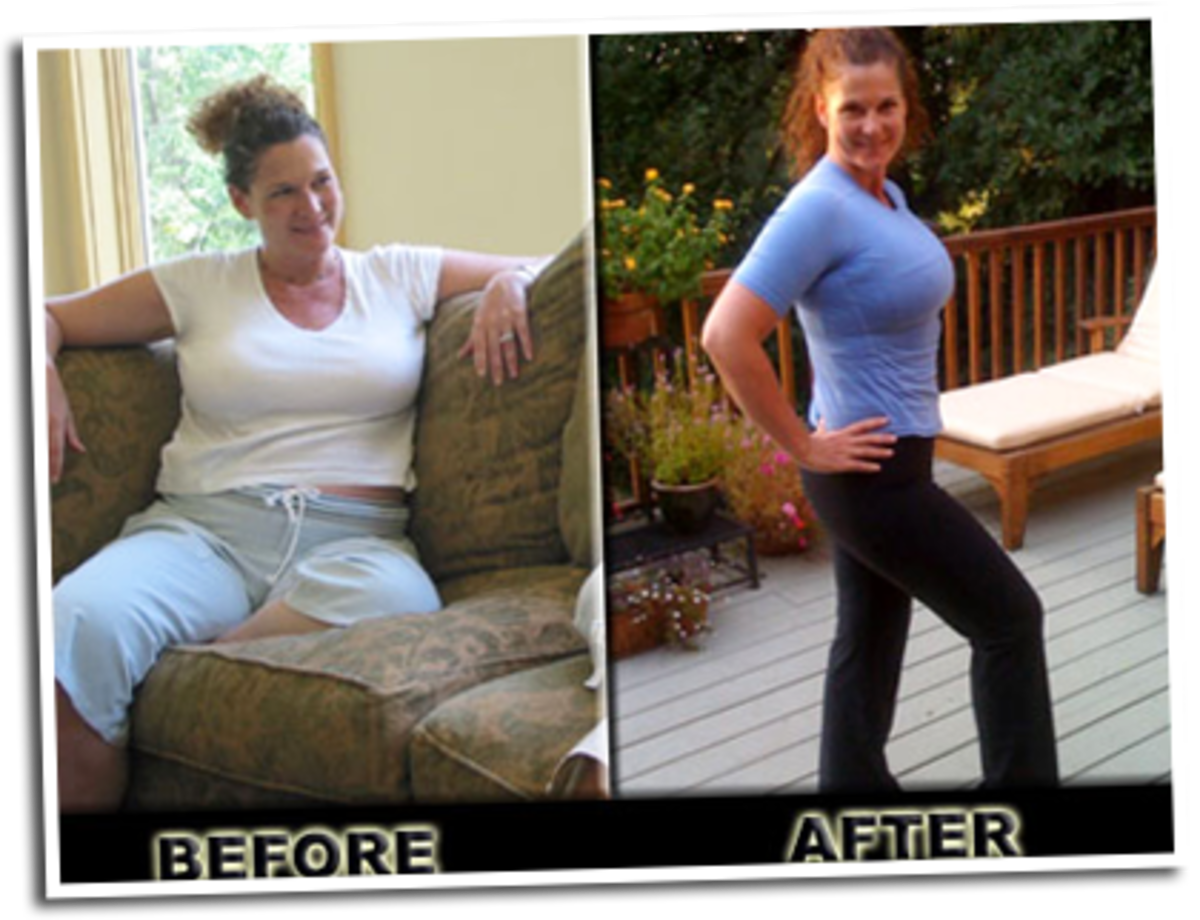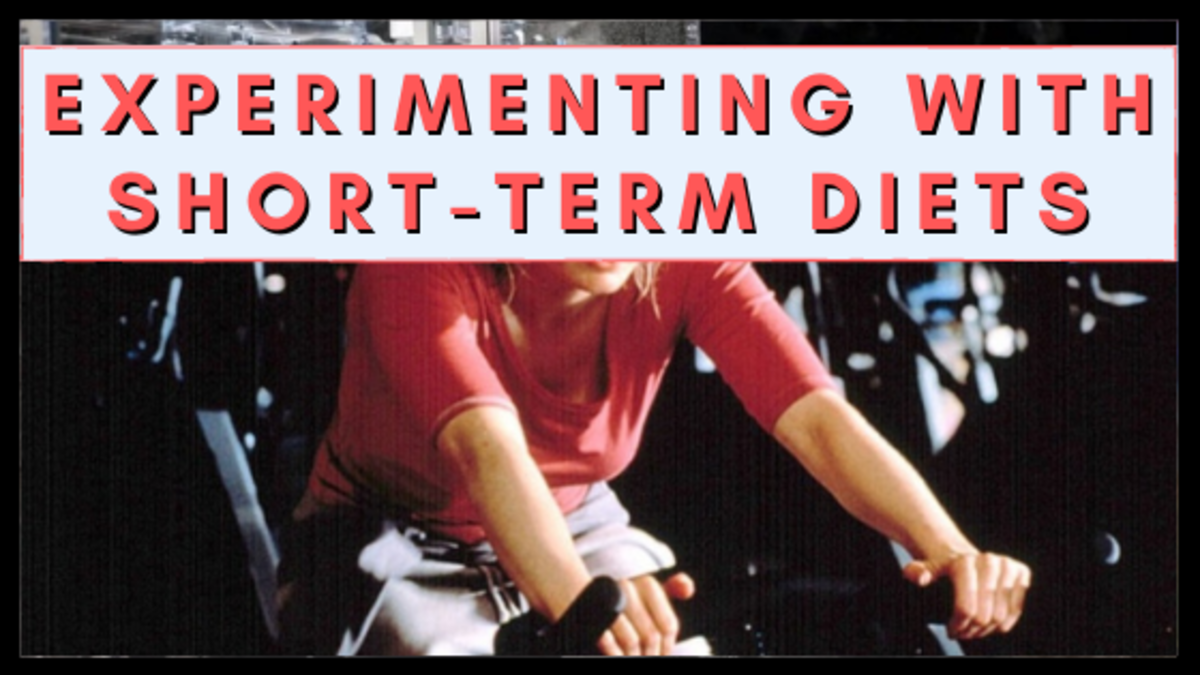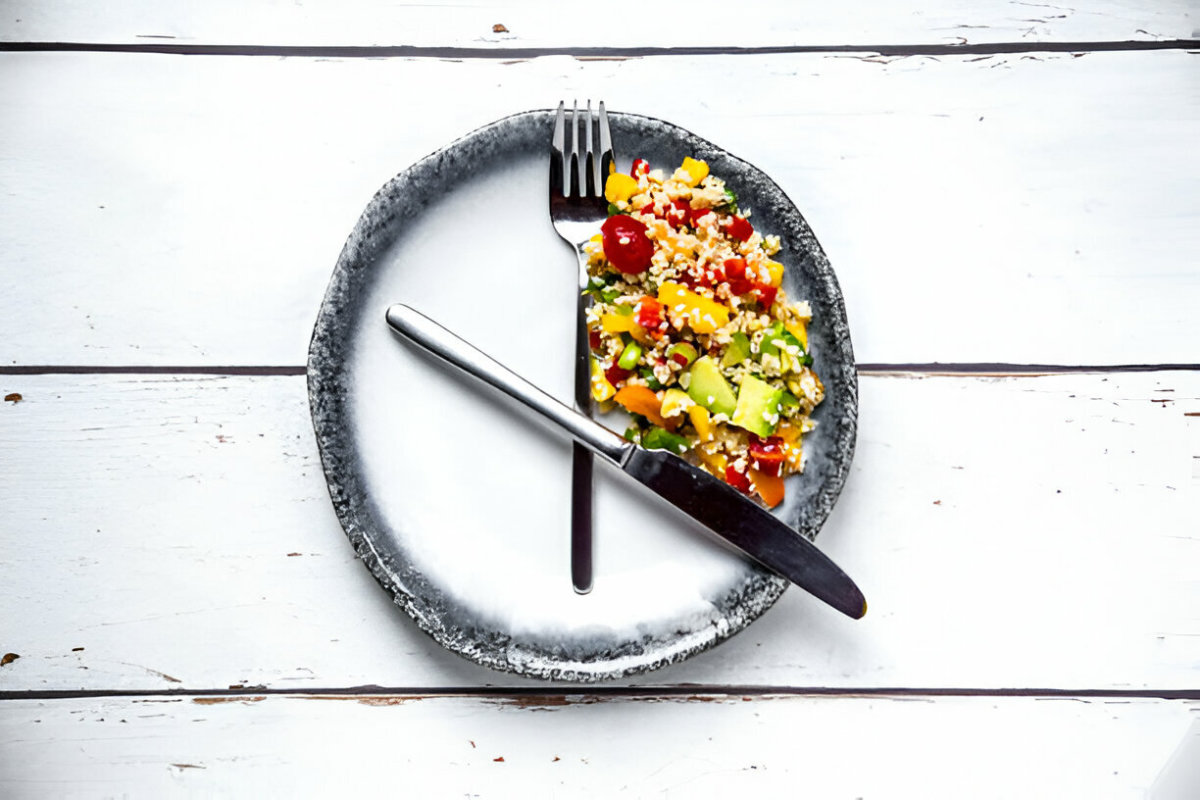Best Plan for Permanent Weight Loss

Obesity is Epidemic
I am obese, and I am not alone. The average American consumes 3,800 calories per day about twice our daily requirement and therefore 65 percent of adults of us are overweight. The cost of this epidemic is huge. Our country spends one hundred thousand dollars on obesity-related disorders such as Type II diabetes, hypertension, cardiovascular disease, and some types of cancer. It also spends the most on so-called diet foods. the prevalence of these diseases is directly related to how much food we eat and what types of foods we are ingesting.
Our Understanding of Eating Is Wrong!
One of my major misconceptions concerning food is that I always had is that hunger and eating are triggered when the body’s energy sources drop below a specific level known as a set point. After thinking about it, however, I realized that if this were true, I would only eat until I wasn't hungry anymore and there is no way I would be overweight. So it begs the question: Just why do I overeat?
Overeating during times of plenty is part of our survival instincts. Our ancestors had inconsistent, unpredictable sources of food. In order for them to survive, they often had to eat large quantities of quality food when it was available so they could store the calories as fat. If they had stopped eating when they stopped feeling hungry, it would not be long before they starved. Therefore, they ate as much as possible when they had the chance because they didn't know when they might have their next meal.
Though early studies using lab animals showed that if you gave these animals less food, they would use the fat stored in their bodies. This seemed to confirm the theory that body fat could be reduced by starvation, or decreased blood glucose or insulin shots. The problem is, we are not lab animals nor are we in a controlled environment.
This theory neglects other influences on eating including taste, conditioning, and social influence. If I told you to think about a juicy McDonald's hamburger, French fries, and a large chocolate shake, you would think about them, wouldn't you? Now don't think of that hamburger, fries, and shake. What are you thinking? You're still thinking about that McDonald's food. Aren't you? You may even salivate just thinking about when I told you not to think about it. In general, the concept of dieting is based on the idea that we need to deprive ourselves. When surrounded by food, our bodies do not do well in this scenario.
We are conditioned by our environmental influences to crave food. We warm-blooded animals eat when the food was available because, in the past, we did not know when or if we would get our next meal and we needed those calories to maintain our body temperatures. According to the positive-incentive theory, if there’s good food present, or we are anticipating it, it’s time to eat whether we need energy or not. We eat because we remember the taste of the food when we had it before, the length of time since we last ate, the type and quality of food already in our system, whether other people are eating it or not, and whether our blood glucose levels are normal or not. We eat because we have a special fondness for sweet, fatty, and salty tastes, and we like foods that are high in calories.
Recently, several studies have been done concerning lab rats and their food choices. When rats were offered two choices, they usually chose the healthier option. However, when given a large number of choices, one being the healthiest option, these same rats did not choose the healthiest choice. There were just too many options. We react to food similarly. Having a wide variety of food choices creates problems for us in the end.
Also, food manufacturers want us to buy the foods they are selling because they want to make money. In order to maximize profits, they produce foods that have the tastes we prefer but lack many of the nutrients we need for proper health. In addition, some ethical nutritional scientists believe that many popular nutrition books are dangerous. Because the government is often influenced by special interest groups, it does not always provide good nutritional information either.
How Sugar Affects the Brain
Eating Habits That Can Positively Affect Our Weight
- We need to limit our food choices. Eating at restaurants that offer buffets will cause us to eat more. We are better off calorie-wise and financially by ordering off a menu, taking half of that meal home in a to-go box, and eating the second half at another sitting.
- Appetizers before a meal can actually increase hunger rather than reduce it. The feeling of hunger occurs because eating the appetizer initiates the effect where your body is preparing itself to eat. I have seen this effect in my own experience. I notice that when I eat salads prior to a meal I actually feel hungrier. After eating the main meal, even though I feel full, I eat dessert, not because I am still hungry, but because it is something different from the previous course.
-
The idea that the size of our plate somehow makes us eat less is a myth, however, I have noticed that when I take smaller serving sizes, I am less likely to eat as much of that specific food. With larger portions, on the other hand, I tend to eat more.
- Although plate size doesn't affect how much we eat, spoon size may. Evidence shows that we eat more when we eat with larger spoons. If I use a smaller spoon, it will slow down my eating thereby giving my brain time to realize when I am actually full.
- I, like many individuals, will eat more when I am in a social setting than I do when I am alone. Men are especially likely to eat more and on average individuals will eat 60% more than they would if they ate alone. Because of the stigma of excessive weight on women, Some women however are more likely to eat less in public and more in private. This type of thinking may be part of the reason why more women are anorexic and bulimic.
- When going out to eat, I started sharing my meal with another person. We split the meal down the middle which each person taking half. Surprisingly, both of us are satisfied and don't feel deprived.
- Also when going out to eat, drink water rather than other than sugary high calorie drinks.
Changing Eating Habits
Since I have done this research, I have determined that I am no longer going to participate in restrictive yo-yo dieting. Rather than using starvation diets where my every waking thought is focused on eating, I have determined that I would do better if I change habits that have contributed to my obesity. First, I have changed the way that I look at the food that I enjoy. I refuse to deny myself the food that I love. I am going to take an organic vitamin prior to each meal. I will drink a glass of water prior to that meal. I am no longer going to make the mistake of restricting calories so much every day that all I can think about every day is eating. Instead, I am going to be mindful of every meal that I eat. I am going to decrease my calorie intake by about 100 calories per month so that I will avoid plateaus that are common with most calorie-restrictive diets. I am not going to eat appetizers on a menu unless I plan to use those appetizers as my main course. I will eat smaller bites of food and set my eating utensils down and savor each bite. I am going to try to enjoy everything about eating while at the same time eating less. My goal is not to lose weight, but to learn what it takes to maintain a healthy weight.
This content is accurate and true to the best of the author’s knowledge and does not substitute for diagnosis, prognosis, treatment, prescription, and/or dietary advice from a licensed health professional. Drugs, supplements, and natural remedies may have dangerous side effects. If pregnant or nursing, consult with a qualified provider on an individual basis. Seek immediate help if you are experiencing a medical emergency.
© 2014 Cygnet Brown







